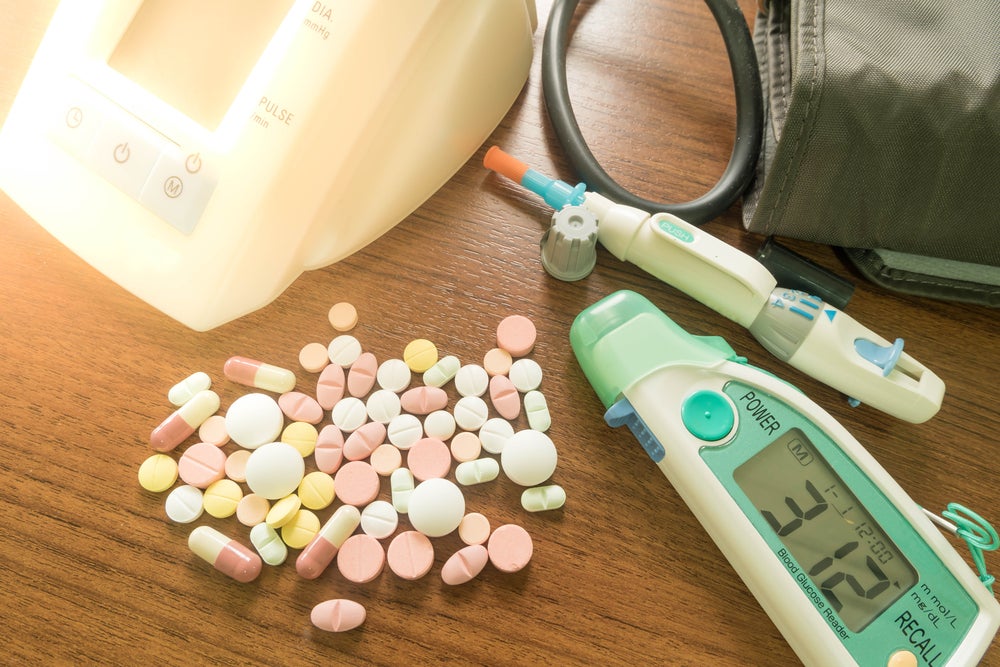
Novo Nordisk has announced positive trial results from its PIONEER programme with oral semaglutide, for type 2 diabetes patients. Oral semaglutide is marketed as Rybelsus to improve glycemic control in adults with type 2 diabetes.
The PIONEER programme involves global trials recruiting 10,000 adults with type 2 diabetes. Based on trial data, the company plans to file for regulatory approvals in both the US and EU in 2023.

Discover B2B Marketing That Performs
Combine business intelligence and editorial excellence to reach engaged professionals across 36 leading media platforms.
The Phase IIIb trial over 68 weeks achieved its primary endpoint. In the trial, type 2 diabetes patients treated with 25 mg and 50 mg oral semaglutide achieved a significantly higher HbA1c reduction of 1.9 percentage points and 2.2 percentage points, respectively, compared with a reduction of 1.5 percentage points with oral semaglutide 14 mg.
The Denmark-based healthcare company, which has a market cap of $265bn, reports that all doses were safe and well-tolerated. However, gastrointestinal adverse events were present and more frequent with the escalated doses.
“We are pleased to see the results from the PIONEER PLUS trial which add further evidence of the benefits of oral semaglutide for people living with type 2 diabetes,” said Martin Holst Lange, executive vice president for Development at Novo Nordisk.
“The higher efficacy from 25 mg and 50 mg doses provides the option to progress to higher doses if additional glycemic control or weight loss are needed”, Lange added.

US Tariffs are shifting - will you react or anticipate?
Don’t let policy changes catch you off guard. Stay proactive with real-time data and expert analysis.
By GlobalDataIn October, the FDA granted Eli Lilly’s Mounjaro (tirzepatide) a Fast Track designation for its use as a treatment for obesity. The unmet need for type 1 diabetes therapies is also being tackled too, with a possible shift in clinical trial focuses.





